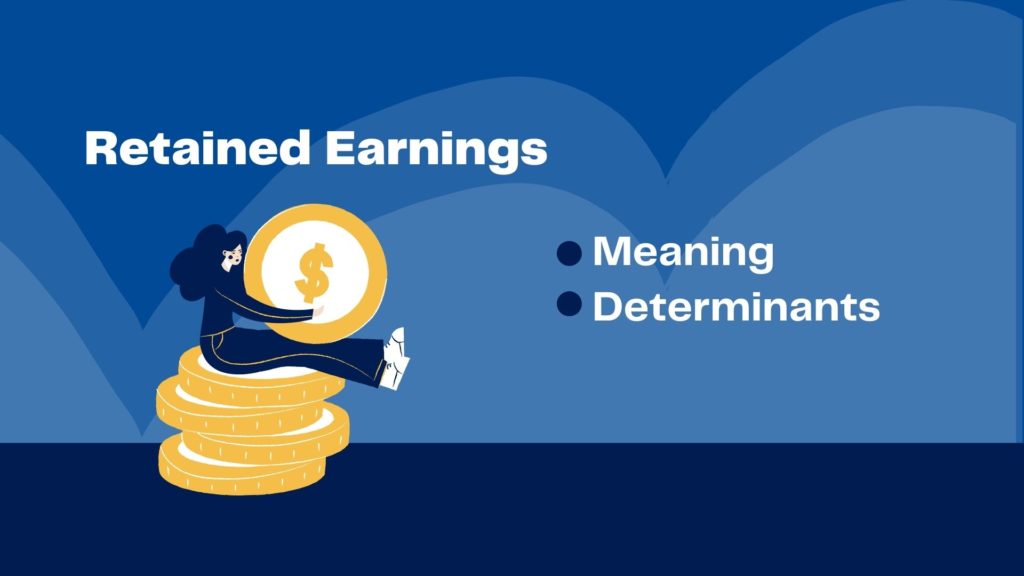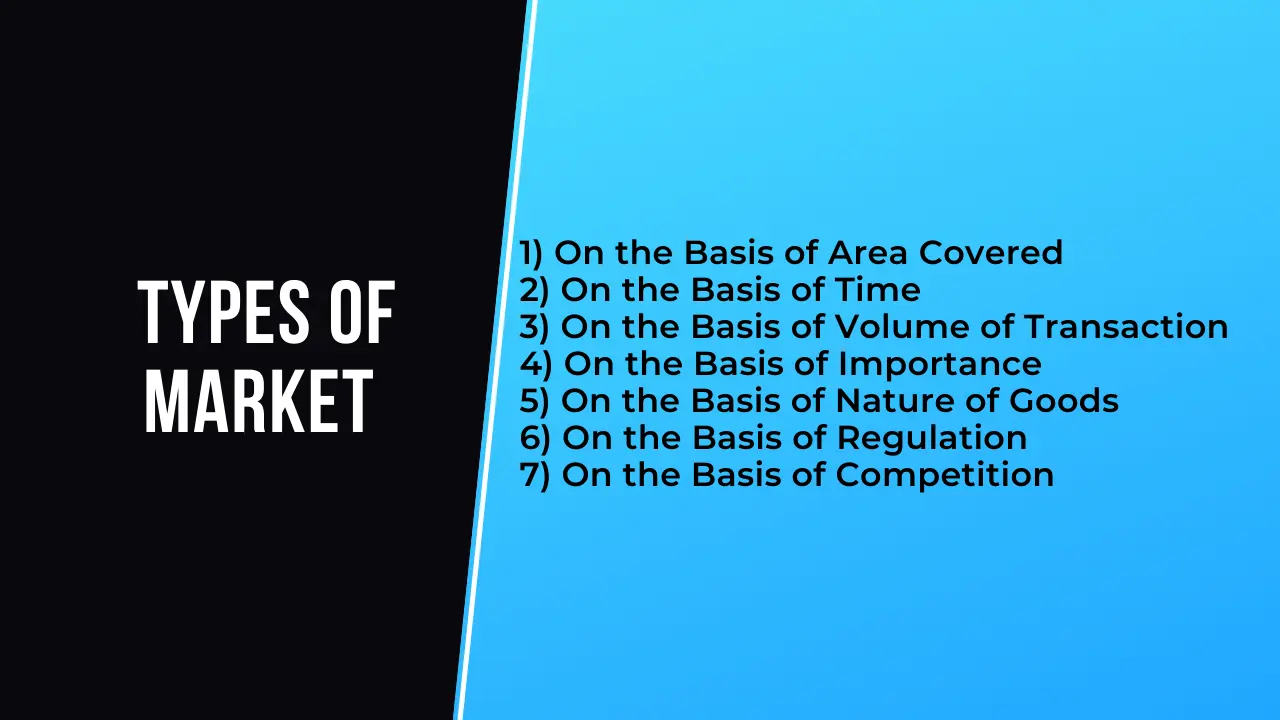Retained Earnings Meaning – Determinants and Definition
Retained Earnings Meaning
Meaning
Business organizations are subject to variation in earnings. It would be a wise decision to keep aside a part of earning during a period of high profit. A prudent company does not distribute the entire profit earned among shareholders. A part of profit is retained by company in the form of reserve fund. These reserves are the retained earnings of the company. The sum total of retained earnings gets accumulated over the years. These accumulated profits are reinvested in the business rather than distributed as dividend.
”The process of accumulating corporate profits and their utilization in business is called retained earnings.”
In simple words, a part of net profit, which is not distributed to shareholders as dividend is retained by company in the form of ‘Reserve Fund’. Company converts its reserves into ‘bonus share capital’ and capitalize its profit. This capitalization of profit by issue of bonus shares is known as ploughing back of profit or self-financing. Bonus shares are issued free of cost to the existing equity shareholders out of the retained earnings.
The Management can convert retained earnings into permanent share capital by issuing bonus shares. It is an important source of raising long-term capital. It is simple and cheapest method of raising finance. It is used by established companies. It is an internal source of finance.

Determinants of Retained Earnings
1) Total earnings of company:
If there is ample profit, companies can save and retain some parts of profit. More the earnings, a company can save more. Attitude of top management also determines the amount of retained earnings.
2) Taxation Policy:
The taxation policy of government is also an important determinant of corporate savings. If the taxes levied are at high rates, company cannot save much of the profits in the form of reserves.
3) Dividend Policy:
It is a policy of Board of Directors in regards to distribution of profits. A conservative dividend policy is needed for having good accumulation of profit. But this policy affects shareholders as they get dividend at a lower rate.
4) Government Control:
A government is regulatory body of economic system of the country. Its policies, rules, and regulations ensure that the companies work as per its regulations. The company has to formulate its dividend policy in accordance with the rules and regulations framed by the Government.


